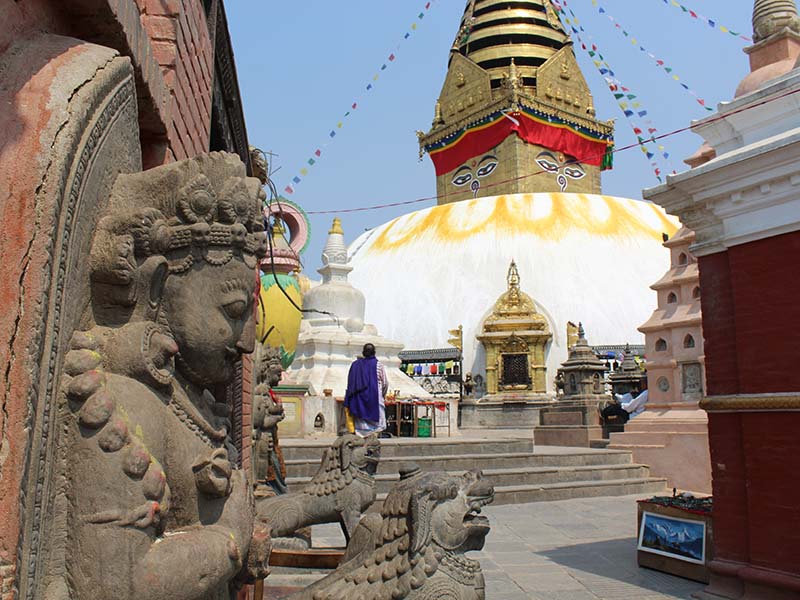New Nepalese Prime Minister Promises Democratic Elections Next Year

Nepal (International Christian Concern) — Newly appointed Prime Minister Sushila Karki, serving her first week on the job, promised on Sunday to facilitate elections in early 2026 and relinquish power to an elected successor.
Karki, who previously served as the country’s first female chief justice and is now the first female prime minister, was endorsed by protest leaders after crowdsourced coordination online.
Youth-led protests erupted across Kathmandu and several other Nepali cities in early September after the government imposed a ban on 26 social media platforms, citing their failure to comply with new regulations. The protests quickly grew to include grievances such as corruption, economic stagnation, elite privilege, and the suppression of expression.
Security forces responded with tear gas, water cannons, rubber bullets — and in some cases live ammunition — resulting in at least 19 deaths and hundreds of injuries. In the wake of the violence and growing domestic pressure, the government lifted the social media ban and saw resignations among key ministers, including Prime Minister K. P. Sharma Oli.
Despite the change in leadership, many protesters and observers view the shift as just the beginning. Demands for accountability, judicial inquiry into the deaths, and deeper reforms to reduce the influence of political elites remain central to the unrest.
In 2008, after years of pro-democracy stirrings across the country, Nepal officially declared itself a democratic republic, abolishing its 240-year-old monarchy and paving the way for a constitutional government. The constitution, ratified in 2015, does contain some language protecting religious freedom, but in vague enough terms to allow a law today that criminalizes proselytization. In addition, social pressure in the more than 80% Hindu country leaves many religious minorities ostracized from their communities and cut off from essential rights and government services.
Chapter 19 of the Muluki Ain, or general code of Nepal, states that “no one shall propagate any religion in such manner as to undermine the religion of other nor shall cause other to convert his or her religion.” Religious minorities are regularly arrested and charged under this law, which goes beyond its neighbor India’s bans on forcibly converting another to criminalizing participation in the act of conversion in any way at all. In Nepal, proselytization carries with it the threat of up to six years in prison and subsequent deportation in the case of foreigners.
The U.S. Department of State highlighted its concerns with Nepal’s anti-conversion and anti-proselytization laws in a 2023 report.
“Multiple religious groups in the country,” the report stated, “[continue] to reiterate that the constitutional and criminal code provisions governing religious conversion and proselytism [are] vague and contradictory and [open] the door for prosecution for actions carried out in the normal course of practicing one’s religion.”
Nepal sent a diplomatic note to the U.S. after the report in protest over another section in which the U.S. lent credibility to a commonly held view that India’s BJP party is funding the cause of Hindu nationalism in Nepal. The BJP, under the leadership of Prime Minister Narendra Modi, has aggressively promoted Hindu nationalism in India for many years.
One civil society leader in Nepal said that the government must treat religious freedom as a core human right and urged the Nepalese government to take action against bad actors stirring up animosity between religious groups.
“Some extremist groups are targeting minority religious communities using abusive language on various social networks,” Ratopati News quoted Sharma as saying. “They are working to spread hate between religious communities that should exist in peace, tolerance, and co-existence.”
To read more news stories, visit the ICC Newsroom. For interviews, please email [email protected]. To support ICC’s work around the world, please give to our Where Most Needed Fund.
